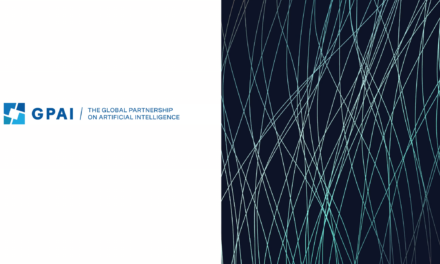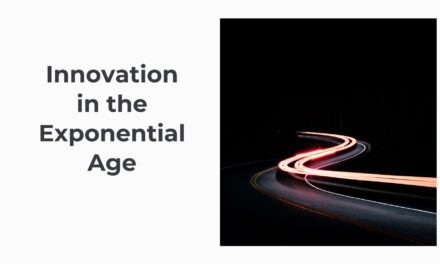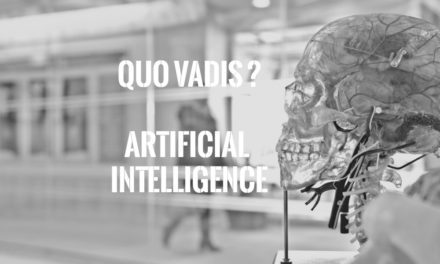
There is a big debate going on whether artificial intelligence and automation will turn out to be a good thing or a bad thing for the future of work – and in fact for society. You can read about jobs being destroyed while others see the liberation of workers from mindless tasks. It is often not clear what impact AI will have and what is pur automation (which has been a fact of live for many decades). But it is clear that the combination of artificial intelligence with advances in robotic and intelligent machines will change the way we work. And it will have an impact on almost all of us. The question is how we can use AI to help us constantly get better at our jobs and learning necessary new skills.
Unfortunately, most warnings of job losses confuse AI with automation — that overshadows the greatest AI benefit — AI augmentation — a combination of human and artificial intelligence, where both complement each other.
Providing job retraining and enabling individuals to learn marketable new skills throughout their lifetime will be a critical challenge.
A few studies have been published recently looking at these questions:
Gartner says by 2020, Artificial Intelligence will create more jobs than it eliminates. Starting in 2020, AI-related job creation will cross into positive territory, reaching two million net-new jobs in 2025. By 2022, one in five workers engaged in mostly nonroutine tasks will rely on AI to do a job.
McKinsey is looking at cars that drive themselves, machines that read X-rays, and algorithms that respond to customer-service inquiries as manifestations of powerful new forms of automation.
They previously found that about half the activities people are paid to do globally could theoretically be automated using currently demonstrated technologies. Very few occupations—less than 5 percent—consist of activities that can be fully automated. However, in about 60 percent of occupations, at least one-third of the constituent activities could be automated, implying substantial workplace transformations and changes for all workers.

Automation will have a lesser effect on jobs that involve managing people, applying expertise, and social interactions, where machines are unable to match human performance for now.
Workers of the future will spend more time on activities that machines are less capable of, such as managing people, applying expertise, and communicating with others. They will spend less time on predictable physical activities and on collecting and processing data, where machines already exceed human performance. The skills and capabilities required will also shift, requiring more social and emotional skills and more advanced cognitive capabilities, such as logical reasoning and creativity.
The benefits of artificial intelligence and automation to users and businesses, and the economic growth that could come via their productivity contributions, are compelling. They will not only contribute to dynamic economies that create jobs but also help create the economic surpluses that will enable societies to address the workforce transitions that will likely happen regardless.
Providing job retraining and enabling individuals to learn marketable new skills throughout their lifetime will be a critical challenge—and for some countries, the central challenge.
Individuals, too, will need to be prepared for a rapidly evolving future of work. Acquiring new skills that are in demand and resetting intuition about the world of work will be critical for their own well-being. There will be demand for human labor, but workers everywhere will need to rethink traditional notions of where they work, how they work, and what talents and capabilities they bring to that work.
Tom Friedman On the Future of Work
In an interview with Deloitte, Tom Friedman has 5 pieces of advice how to prepare for the future of work:
- My first rule is: Always think like an immigrant, because we’re all new immigrants to the age of accelerations.
- Second, always think like an artisan. Always do your job in a way that you bring so much empathy to it, so much unique, personal value-add that it cannot be automated, digitized, or outsourced, and you want to carve your initials into it at the end of the day.
- Third, always be in beta. Always think of yourself as if you need to be re-engineered, retooled, relearned, and retaught constantly. Never think of yourself as finished—otherwise, you really will be finished.
- Fourth, always remember that PQ (passion quotient) plus CQ (curiosity quotient) is greater than IQ (intelligence quotient).
- And last, whatever you do, whether you’re in the public sector or the private sector, whether you’re on the front lines or a manager, always think entrepreneurially.






